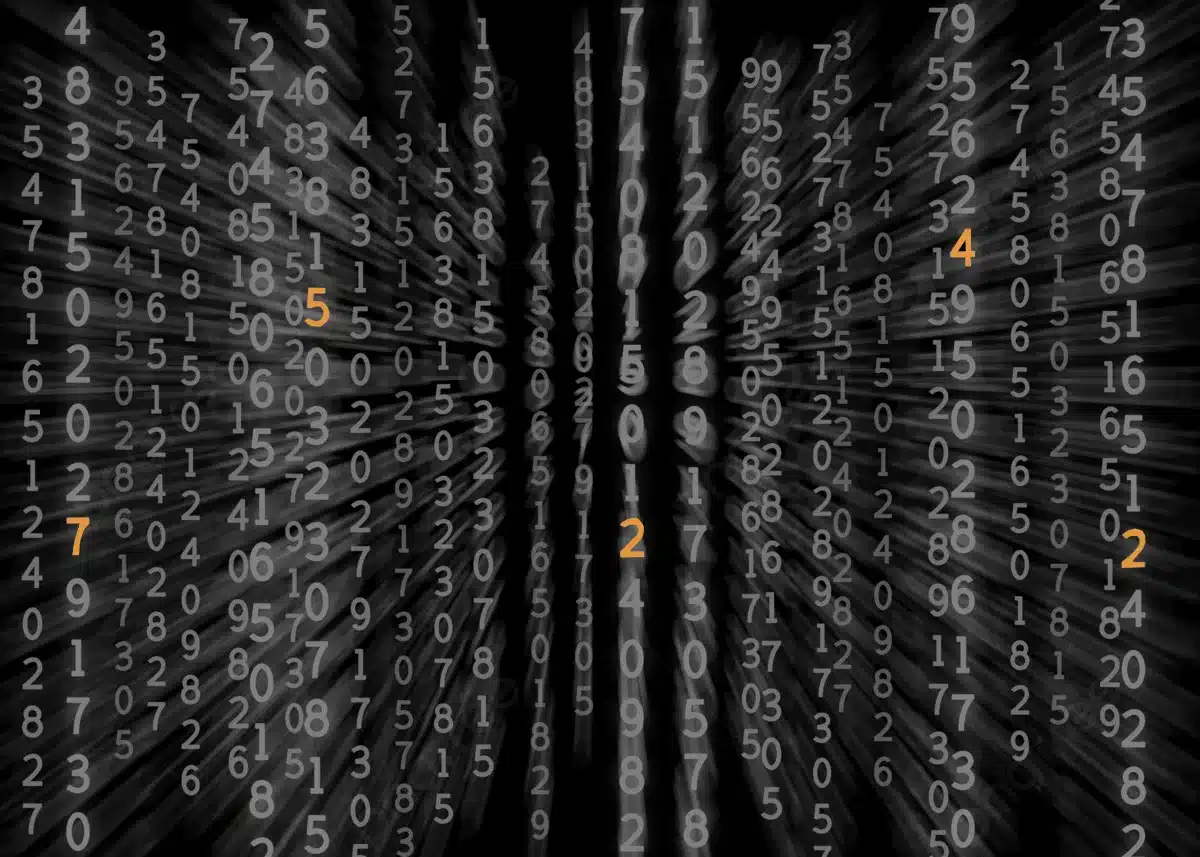The Pervasive Impact of AI
In the modern digital age, the meteoric rise of artificial intelligence (AI) has transformed multiple sectors, presenting both ground-breaking opportunities and potential pitfalls. As we navigate this technological revolution, it’s paramount to address certain salient issues tied to AI, especially in the context of global mobility. Just as “The Matrix” explored the intricate interplay between humans and machines, our exploration of AI’s impact on global mobility reveals a dynamic landscape where both promise and caution coexist.
AI in Recruitment: Efficiency and Inclusivity in a Mobile World
Firstly, the potential of AI in the realm of recruiting for global mobility is undeniable. It promises efficiency, objectivity, and a refined approach to talent acquisition across borders. However, there’s a burgeoning concern about the inherent biases in AI algorithms. The technology’s ability to “objectively” evaluate a candidate through facial and voice analyses is tainted by racial biases, inadvertently perpetuating the very discriminatory hiring practices businesses are striving to eliminate. Such practices not only compromise the objectives of diversity, equity, and inclusion but further entrench systemic discriminations, affecting the composition of globally mobile workforces.
Socioeconomic Divide: The Impact of AI on International Labour Markets
Furthermore, the introduction of AI in the global workforce accentuates a widening socioeconomic divide, especially within international labour markets. Blue-collar workers, typically involved in manual and repetitive tasks, are now more susceptible to wage declines – some witnessing a staggering reduction of up to 70%. Meanwhile, their white-collar counterparts remain relatively unscathed, with some even reaping the benefits of increased remunerations. This disparity within global mobility highlights the need to examine the impact of AI through the lenses of race, class, and other sociocultural categories, as it reshapes the landscape of cross-border work.
Ethical Implications in a Transnational Context
But the ethical concerns don’t stop at economics. Global leaders, including religious figureheads like Pope Francis, have pointed to the larger moral implications of unchecked AI progression. The Pope’s cautionary stance on AI’s potential to “circulate tendentious opinions and false data” resonates even more today with the advent of tools like ChatGPT. The unchecked and creative application of such tools can potentially corrode academic integrity and undermine genuine creativity, a concern that permeates transnational education and collaboration facilitated by AI.
Parallel Themes in “The Matrix”: Reflections on a Connected World
These themes echo the narrative portrayed in the movie “The Matrix,” a science-fiction masterpiece that delves into the possible ramifications of unchecked AI becoming more advanced than human intelligence. Released in 1999, the film presents a dystopian future where AI, in the form of sentient machines, has conquered humanity and created an illusory simulated reality – the Matrix – to keep humans subjugated and unaware of their true predicament. This riveting narrative raises critical questions about the intricate relationship between humans and machines, the boundaries of human knowledge, and the potential dangers of technological overreach.
In “The Matrix,” humanity’s reliance on AI to create a virtual existence is a stark reminder of our increasing dependence on technology in the real world. The fusion of human minds with AI-generated experiences blurs the lines between reality and simulation, challenging us to reflect on our own perceptions and understanding of the world. Similarly, the advent of AI in the realm of global mobility offers us a glimpse into a world where cross-border connections, virtual communication, and digital experiences redefine the ways in which we interact and collaborate.
Neo’s journey in “The Matrix” mirrors our own voyage into the AI era. As he confronts the duality of his existence – torn between the digital reality and the harsh truth of the real world – we find ourselves grappling with the ethical and practical implications of integrating AI into our daily lives. Just as Neo strives to break free from the Matrix’s grip, we must navigate the challenges posed by AI to ensure that our collective advancement isn’t hindered by unforeseen consequences.
Moreover, the movie’s portrayal of the Oracle, a character with the ability to foresee the future within the Matrix, mirrors our contemporary discussions about AI predictions and forecasting. As AI algorithms become adept at analysing vast amounts of data to predict trends and outcomes, questions arise about the extent of their accuracy and the potential for biased predictions. The Oracle’s enigmatic wisdom serves as a reminder that, even with advanced AI, a balance must be struck between data-driven insights and the nuances of human judgment.
“The Matrix” also prompts us to consider the concept of AI-driven augmentation, where human abilities are enhanced through technology. Neo’s accelerated learning and combat prowess within the simulated reality mirror the growing potential of AI-enhanced skill development and education. Just as Neo’s augmented abilities lead him to challenge the status quo, our pursuit of AI-enhanced knowledge and skills should empower us to reshape industries, drive innovation, and create a more interconnected global society.
Shaping the Future through Reflection
In essence, “The Matrix” serves as a timeless cautionary tale that resonates with our AI-infused world. It prompts us to scrutinize the balance between technological advancement and human values, fostering discussions about the ethical dimensions of AI, the dynamics of human-AI collaboration, and the limits of human comprehension. Just as Neo’s choices reverberate through the Matrix’s digital landscape, our decisions regarding AI will shape the future of global mobility and the interconnected world it encompasses.

